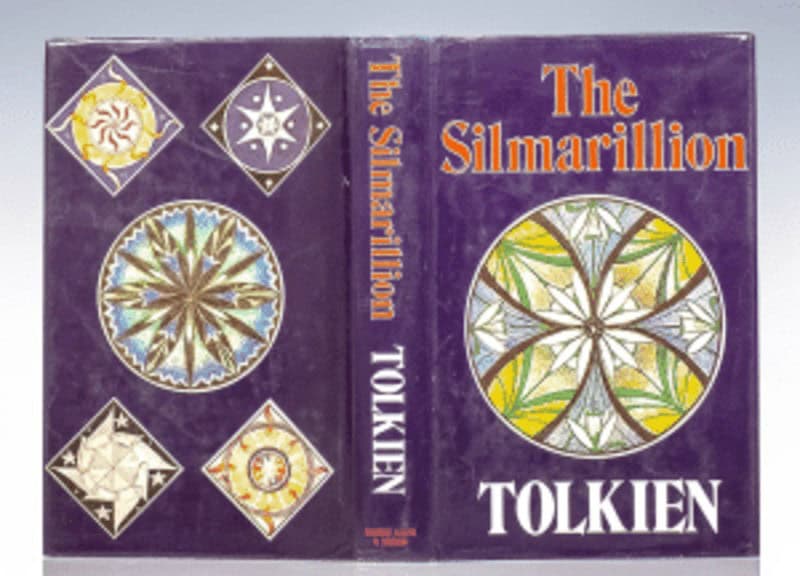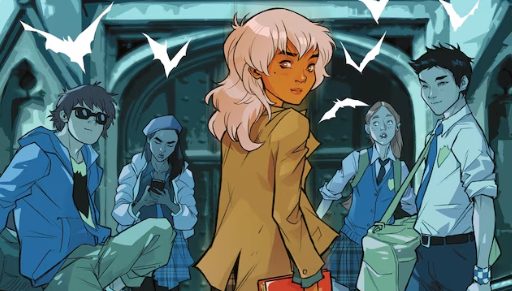Posthumous Words: Should We Publish the Works of Dead Authors?
It’s a debate almost as old as literature itself: what happens when a famous author dies, leaving behind many unpublished works? Should those works lie in peace forever next to their creator, or should they be published so that readers can judge them for themselves? Should the authors’ wishes be respected or overruled if they say they don’t want their works in progress published after their deaths?
The posthumous publications of various authors’ works have always sparked excitement and heated debates over the ethics of publishing these works. Let’s take a look at the benefits and downsides of these publications.
Why We Should Publish Authors’ Posthumous Works
https://gty.im/538209564
Many literary classics were only published after their authors’ deaths. Franz Kafka wanted most of his novels and short stories burned after he died. When his literary executor Max Brom refused to do so, he introduced readers to the hapless protagonists and alienating social and political structures of The Metamorphosis and The Trial and made Kafka’s works world-famous. Emily Dickinson only published 10 poems in her lifetime; most of the 1,800 poems that made her famous were published years after her death in 1886.
Posthumous publications can provide more depth to an author’s literary creations. While J.R.R. Tolkien published his most famous books, The Hobbit and The Lord of the Rings, during his lifetime, he left many other works about his fantasy realm Middle-Earth unpublished when he died in 1973. If his son Christopher hadn’t spent decades editing and publishing further works his father had written about Middle-Earth, including The Silmarillion and The Fall of Gondolin, readers probably would have never realized how much effort Tolkien put into creating a fully fleshed out world and how deep the lore of that world was.
Unfinished literary works can also provide interesting insights into authors’ creative processes. Published in 2008 by his son Dmitri, Vladimir Nabokov’s unfinished novel The Original of Laura consists of 138 handwritten notecards, about 60 of which tell a coherent narrative and the rest of which contain his notes on how to further develop the story and its characters. The works can also provide tantalizing hints about new directions authors might have taken with their art if they had lived longer. Published by his sons earlier this year, Gabriel García Márquez’s unfinished novel Until August is his first and only one to focus on a female protagonist.
Why We Shouldn’t Publish Authors’ Posthumous Works
Many authors have stated publicly or had written in their wills that they didn’t want any of their unpublished works released after their deaths. This hasn’t always stopped literary executors, children or grandchildren, or others from going against authors’ wishes and publishing these works anyway.
It makes sense why many authors forbid posthumous publications of their unfinished works. They might have still been working on rough drafts when they died or may have never been satisfied with their works’ quality. Many of those works also come nowhere near the quality of the work they published in their lifetimes. While The Original of Laura does give some insight into Vladimir Nabokov’s creative process, the novel is incomplete and lacks a cohesive story. Likewise, Until August has a moving story but lacks the characteristic inventiveness that defines Garcia Márquez’s trademark works.
Many readers and reviewers tend to wonder whether the author would approve of an unpolished work being published if they were still alive. Although he spent years writing Until August and only stopped due to memory loss caused by dementia, García Márquez felt that the book didn’t work and ordered his sons to destroy it after he died. After rereading the book, his sons decided it was better than their father said it was and had it published. They said they were aware they were betraying their father’s wishes but felt that doing so was necessary, and much of the discussion around the book has focused on whether they were justified in contradicting their father’s wishes.
Posthumous publications also tend to spark debates over why the author’s literary executors or relatives chose to release these works. Are they publishing the work because they believe in its literary quality and want to give readers the chance to appreciate it too? Are they trying to cash in on an author’s fame and reputation and the attention that a publication like this would bring? Rarely do these questions have agreed-upon answers.
What Happens When Authors Don’t Want Their Works Published Posthumously?
Many authors have done anything they can to prevent posthumous publications of their work. Willa Cather, for example, destroyed and asked her friends and acquaintances to destroy their personal correspondences because she feared that people could use the personal material in those letters for blackmail. Despite her attempts, Cather scholars published a book of her letters in 2013, which violated Cather’s wishes but also provided deeper insight into her life and works.
Terry Pratchett made his refusal to let his unfinished works be posthumously published even clearer. In 2017, two years after his death, Pratchett’s literary executor carried out the author’s wishes by taking his computer’s hard drive, which had 10 unfinished novel drafts on it, and having it get crushed by a steamroller. You’d be hard-pressed to say “no” more definitively than that!
Final Thoughts
Publishing authors’ works after their deaths remains a thorny topic. Publishing these works can show more of the authors’ creativity or boost their reputations further; however, these works can also be incomplete, unfulfilling, or direct violations of their author’s wishes.
I’ve read some great and disappointing posthumous works, and I’ve struggled with arguments over the ethics of these kinds of publication. Ultimately, I think it’s up to each individual reader to decide whether it’s ethical to publish the work after an author’s death and whether the work is good enough to be published.
If you liked this article, you should check out these other great articles about literature:
- Close to Death: Author Plays Clueless Detective
- Chase the Thrill: Abir Mukherjee’s ‘Hunted’ Dissects American Politics and Human Rights
- Conquer Loneliness Through Literature
For More Great Content
Total Apex is an all-encompassing content producer. We provide heavily detailed articles every day on entertainment, gaming, sports, and so much more! For more exemplary gaming and entertainment content, read our daily content on these sites: Total Apex Gaming and Total Apex Entertainment.







